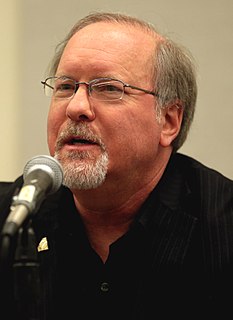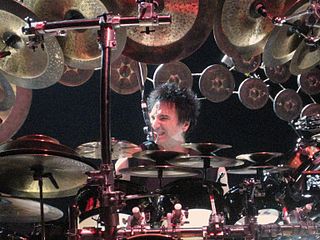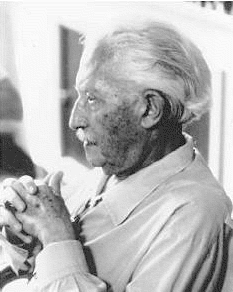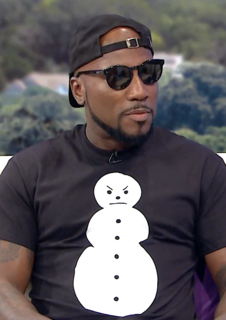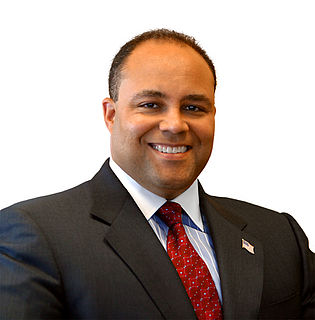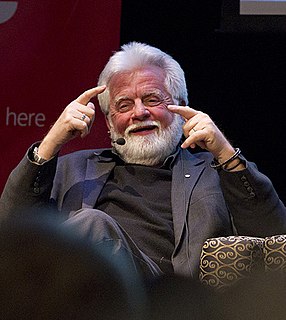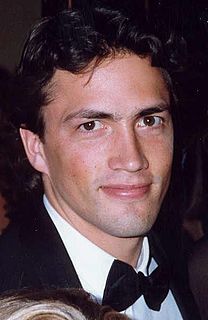A Quote by Kevin J. Anderson
Telling your story out loud is the way human beings communicate. We don't normally think up words, translate how to spell them and then move our fingers up and down over this randomly arranged set of keys to make the same letters appear on a screen.
Related Quotes
That's what I love about writing. Once you get the words down on paper, in print, they start to make sense. It's like you don't know what you think until it dribbles from your brain down your arm and into your hand and out through your fingers and shows up on the computer screen, and you read it and realize: That's really true; I believe that.
I really think kids should understand that music is like learning the alphabet. You put small letters together to make words, and then you use these words to create a story, but with music. And they really need to know how to mix and match those letters and how to come up with something that is really interesting, or speak in metaphors as poets do to show us something maybe we didn't think about.
If you can make a little painting for the ears with a few words, well, I like words; I like cutting them up and finding different ways of saying the same thing... I get into a spell, and it all comes easy. I don't labor over it. I go inside the song, I think you make yourself an antenna for songs, and songs want to be around you. And then they bring other songs along, and then they're all sitting around, and they're drinkin' your beer, and they're sleeping on the floor. And they are using the phone, they're rude, thankless little f---ers.
It's a long haul bringing up our children to be good; you have to keep doing that — bring them up — and that means bringing things up with them: Asking, telling, sounding them out, sounding off yourself — finding, through experience, your own words, your own way of putting them together. You have to learn where you stand, and make sure your kids learn [where you stand], understand why, and soon, you hope, they'll be standing there beside you, with you.
My music is more like ghetto gospel; there's a message in my words, so people listen. Sometimes you might here different things; it depends on how you feel. You might feel down, and I might be the cat in the same sentence saying, "You need to get up and do your thing." And then I could be the same cat, when you at the top of your game, telling you, "It feel good, don't it?" but with the same words.
For a young cartoonist, they have to get going on the web, because that's where everybody goes for their information. And it really works. If you look at a cartoon on a computer screen, it really jumps and can be quite effective. I draw cartoons now, not how it will appear in the newspaper, but how it will appear on the screen. I think most of us do. Now the challenge is to make it move and animate it in a very fast, quick way.
It always happened like this: he would look and look for the keys to Satan’s Hearse and then finally he’d just give up and say, “Fine. I’ll take the fugging bus,” and on his way out the door, he’d see the keys. Keys show up when you reconcile yourself to the bus; Katherines appear when you start to disbelieve the world contains another Katherine; and, sure enough, the Eureka moment arrived just as he began to accept it would never come.
There's no quit in our family. Our dad was the chief proponent of that. [On the set] we were constantly telling each other, Stay true to the story, we know that we love each other, keep communication open. We knew how unique this was-you're doing a movie that really could be put out there all over the world, and you're telling this personal story about your family.
I think that people have to have a story. When you tell a story, most people are not good storytellers because they think it's about them. You have to make your story, whatever story it is you're telling, their story. So you have to get good at telling a story so they can identify themselves in your story.
